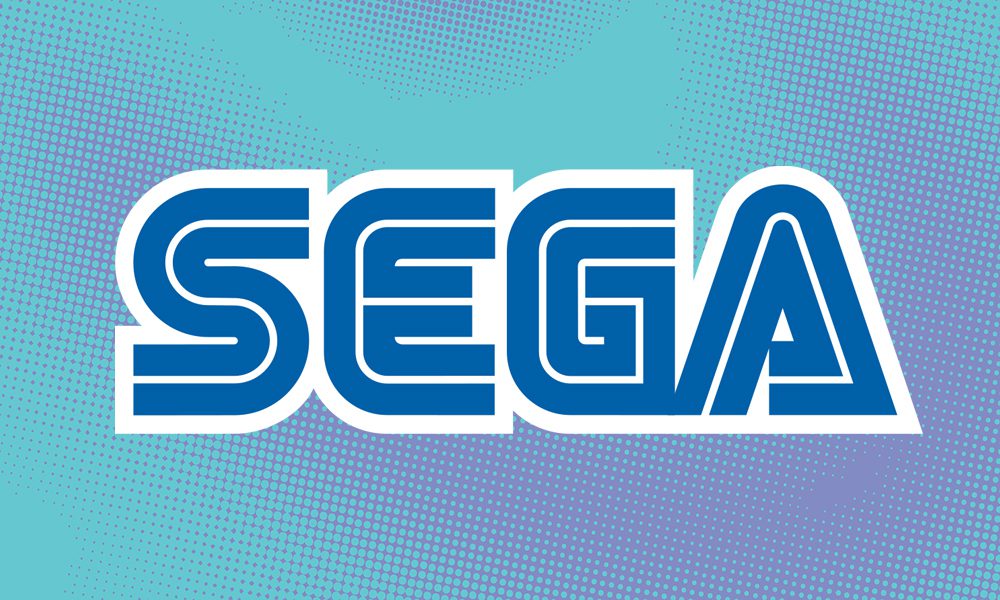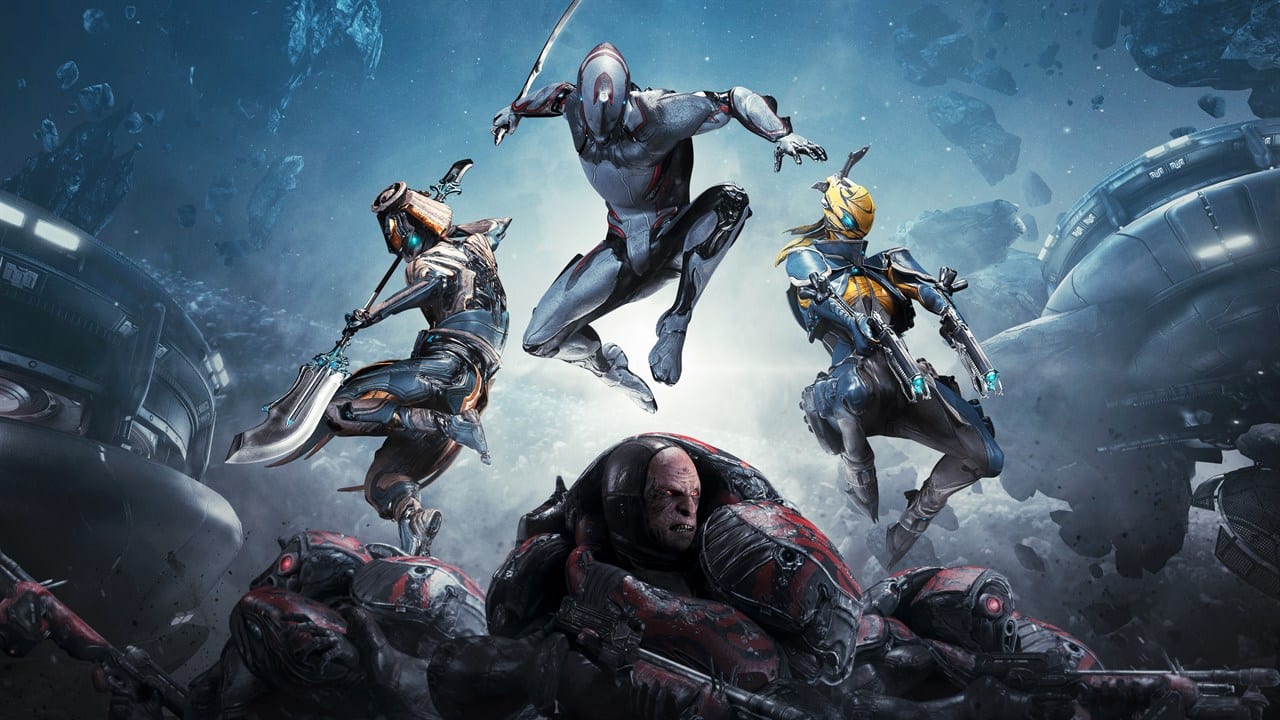News
Warframe Team Discusses Title’s Success
Not many titles have had the sustained success of Warframe, while also staying a bit under the radar.
I played Warframe a few months back, ahead of the release of Destiny 2, and it caught my attention for the time I played it. I plan on going back, once I am done bouncing back and forth between my new Playstation 4 Pro and my new Xbox One X consoles, but I noticed something unique about Warframe.
Mostly, my experience showed that their community is accepting and helpful for new players. This is a sharp contrast to other games, such as Destiny, where more anger gaming is evident.
The team behind Warframe spoke to Polygon about their success, their journey and their community of gamers.
“We kinda made the decision to do this game, and go out on our own and go from the publisher model that we realized was going to shut down the studio,” Geoff Crookes, the art director of Warframe said. “We weren’t getting any publisher interest in our free-to-play game and we didn’t feel like we had enough street cred to do a Kickstarter.”
“We knew we had to convince people with a prototype, and we used that prototype to build our Founder’s Program,” Crookes explained.
“The founders really are responsible for this game being around today; they supported it right from the hop. They saw into what we were doing and helped us grow it.”
Warframe was a slow process, one that relied on winning over gamers who would then recruit their friends to play alongside them.
“I think that the real narrative is that the community and use worked hand-in-hand right from the start to build the game together,” Sheldon Carter, the studio manager of Digital Extremes told Polygon.
“[The first players] were playing this really small bloop of this space ninja raiding game, and they decided they were going to support us, probably because we’ve been really community driven from the get-go,” Carter said. “We were live-streaming, we were interacting with these guys.”
“We didn’t have lofty expectations,” Crookes said. “We were just so excited people were playing it and giving us feedback, they had really cool suggestions that are in line with where we wanted to go, so we said ‘let’s implement this.’ So that weird relationship at the start naturally built this collaborative development relationship that we still have to this day with our community.”
The game, which was originally released in 2013, didn’t overly impress anyone, including IGN:
“Movement and shooting feels smooth and responsive, targets are plentiful, and there’s just enough ragdoll silliness in the enemy death animations to always make me look forward to my next kill.
There’s a good variety of guns to choose from, including a powerful bow that can pin enemies to walls, and although the sci-fi swordsman archetype might be overplayed lately, the melee combat here is also satisfyingly weighty. Charged attacks that can slice enemies clean in half are their own reward.”
The slow start created a challenge for the developers.
“There were a few of us that would look at the numbers every morning and see if we could afford to keep everyone on staff with this project, and it was every morning,” Carter admitted.
“I remember the day when I checked my computer in the morning and I was screaming at home when I saw we had hit a day where, if that day continued, we would be able to support everyone here. We were freaking out.”
A fair monetization system has kept players coming back for more.
“Warframe is the game where essentially everything we have in the game that’s game effecting, you can earn it,” Carter explained.
Carter also touched on the fact that the game is built without the need to compete with other players, which has helped develop the community it has.
“One of the big advantages is that we’re a PvE game, we’re a co-op game,” Carter said in the interview with Polygon.
“You want to work with other players to advance, you’re not against someone. So the feeling that someone has something that looks different than you, there’s no sting to that. Our community turns into people who want to help each other achieve those goals. It really lends itself well to the type of monetization we do.”
“Our community loves the feeling of being able to get that super rare thing by playing the game, but first you have to have the game they love to play and you have to have those loops set up to get the feedback from the community,” Carter said.
“We do have, just to be honest, mod packs that are random, but we say in the description that they’re random,” Carter clarifies. “However in the game you can look in the codex and see specifically which enemy drops that mod, so if there’s a specific mod you’re after you know how you can go after it. So then, even in the situations where there is some randomness in the game, there are ways to kind of understand where that is if that’s the thing you really care about. You can go hunt that enemy for awhile and you’re bound to get it.”
There is a lot more in the interview, which we suggest you read, especially if you have heard of Warframe but haven’t delved into just yet.
Business
Patreon Hires Twitch’s Adiya Taylor as New Corporate Communications Lead


Content creation platform Patreon has officially tabbed Adiya Taylor as their new corporate communications lead, effective in February, according to an official announcement.
Taylor worked for Amazon’s video game streaming platform Twitch for three years in a variety of roles, most recently serving as the company’s senior monetization communications manager prior to her departure.
Taylor’s hiring comes after Patreon brought on Brielle Villablanca as Vice President of communications and creator advocacy back in November 2023.
“I’m thrilled to begin crafting and implementing a communications strategy around policy, trust and safety, product and more,” Taylor said during an official post on the networking platform LinkedIn, adding that she believes Patreon is a “true advocate” for creators.
“I’m looking forward to more storytelling around how we’re fostering fandom so that creators own long-lasting businesses built around their artistry,” Taylor added.
Business
Microsoft Bringing Four Games to Rival Consoles


Microsoft has responded to recent reports that there will be changes to it’s first-party strategy and has confirmed that four game titles will be released on rival consoles.
More specifically, Xbox head Phil Spencer said that ‘Starfield’ and ‘Indiana Jones’ will not be among the four titles heading to other platforms. Both games had a number of candidate platforms, per reports, adding that this is “not a change to our fundamental exclusive strategy.”
“We don’t damage Xbox and we can grow our business using what other platforms have to help us with that,” Spencer said, according to GamesIndustry.biz. “Looking forward, I think there is an interesting story for us of introducing Xbox franchises to players on other platforms to get them more interested in Xbox. We think there’s a good brand value for Xbox there.”
Xbox president Sarah Bond announced that Activision Blizzard games would begin to be added into Game Pass offerings, starting with Diablo 4, which will be added on March 28th.
Additionally, Bond said that Microsoft is still working on hardware for the future and that their focus regarding the future is “delivering the largest technical leap you will ever have seen in a hardware generation.”
Business
Sega’s Revenue See Rise to $27 Billion


Sega Sammy has released its financial report for the nine-month period that officially concluded on December 31st, 2023, and that report that demonstrated a rise in overall sales and profit despite a decrease in sales for Sega’s new titles.
That decline was offset by growth in pachislot and pachinko machines, however Sega had lowered its sales forecasts for the full financial year.
Here is a breakdown, courtesy of GamesIndustry.biz.
- Net sales: ¥349.9 billion ($2.3 billion, up 28.7% year-on-year)
- Operating income: ¥54.4 billion ($364 million, up 42.4% year-on-year)
- Ordinary income: ¥57.2 billion ($383 million, up 42.7% year-on-year)
- Net sales were up 130.3% to ¥120.2 billion ($805 million) in this segment
- Ordinary income increased by 521.3% at ¥45.7 billion ($306 million).
- Entertainment Contents segment, which includes video games, net sales were up 4.2% at ¥219.3 billion
- Profit decreased by 52.5% to ¥19.7 billion ($131.8 million) as a result of weak game sales
You can read a breakdown of the entire report at GamesIndustry.biz here.
-
News5 years ago
Assassin’s Creed Odyssey Patch 1.0.7 Is Here
-
News6 years ago
No Man’s Sky Update 1.55 Is Out
-
News6 years ago
Bungie Outlines Infamy, Gambit Ranking System for Destiny 2: Forsaken
-
News5 years ago
PlayerUnknown’s Battlegrounds Appears on Playstation Store, Out in December
-



 News6 years ago
News6 years agoGhost Recon Wildlands’ Rainbow Six Siege Crossover Mission Now Available
-
News6 years ago
Find the ‘GhostBusters’ Firehouse in Spider-Man
-
News6 years ago
Red Dead Redemption 2 Reveals Characters
-
Mobile6 years ago
Fortnite Leaks Season 6 Skins, Emotes, Backbling

